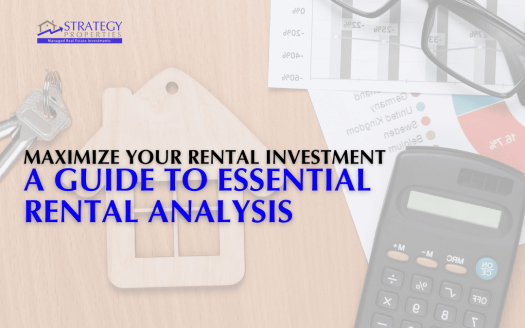Is Your Money Making You Money?
Over the years, the financial world has suffered quite a few hard hits. It has survived, beginning to climb its way out of the rubble, but one thing is for sure—today’s interest rates just aren’t what they used to be. For those who had invested in CDs and other safe investing options, those stagnant interest rates aren’t going to make you rich any time soon. In fact, it’s unlikely that investing solely in options like a CD will even offer a substantial enough rate to help with retirement.
So, when is it time to begin considering investment options other than CDs?
Before we can even begin to analyze other investment options, let’s take a good look at exactly what a CD is and what it can do for your money.
CD Basics
CD is an abbreviated term used to describe a Certificate of Deposit. They are a time deposit—meaning you are required to commit to a certain period of time where the deposit cannot be withdrawn. This period of time can range from 6 months to a few years.
During this period, the bank agrees to pay a higher annual percentage yield (interest rate) than it would on a regular savings account. They are able to do this as it allows them to utilize your money in long term loans and similar investments as you are contracted to keep the money with their bank for a certain period of time (also referred to as terms).
Looking at this logic, a CD is a better benefit than a regular savings account as the interest earned is higher. Also, the longer the term selected, the better the rates become. While this may seem like a great deal, there is a catch.
Here’s the deal…
CD Downfalls
Let’s say you’ve come across an emergency and you need access to your money earlier than you had anticipated. However, you agreed to a specific period of lock-in for your savings when you placed it in a CD. So now what?
Having your money in a CD isn’t always an end-all. You can request to withdraw your money prior to the end of your term. While most banks will agree to this, it must be said that some banks do reserve the right to deny an early term closure so it is important to read all the fine print before you sign up for a CD with your institution.
If a bank does agree to pull the CD prior to the termination date (or maturation rate, as it is often called), there will be a hefty fee. These early termination penalties are often so substantial that they will not only reduce the interest you accumulated over the term, but in some cases, can cause you to end up with less money than you began with.
Interest Rates at a Low
If you allow your CD to mature, or come to the end of its allotted term, the bank will ask if you want to sign up for another term. If you opt to re-enroll in another CD term, or if you simply do nothing, the bank will reset the term on the investment, usually for the same period of time as the previous agreement. It is important to realize that the interest rate in which your investment was receiving during your first term may not be the rate you get for the next term. When the term ends, you are no longer entitled to the rate you had originally agreed to. Your new term will be designated at the interest rate which is currently the market average—and this could be more or less than what you were originally getting.
Today, for example, interest rates on a CD of a year term will see approximately 0.36% in interest whereas a five-year term will garner roughly 0.91%. Ten years ago, in 2007, interest rates on CDs were 3.78% for a one-year term and 4% for a five-year term. Five years ago, in 2012, a one-year term saw an interest rate of 0.34% and a five-year term was given 1.16%.
What’s the New Option?
With interest rates at a historical low, locking your money up for an extended period of time doesn’t seem to equal out with the benefit. However, CDs have long been thought to be one of the safest investments—so how do you choose a fitting replacement?
You want your money to make you money with little to no input from you, but most options appear to be financially unsecure, such as playing the stock market. Finding a suitable replacement can seem daunting. That is, until you consider turnkey property investment.
Believe it or not, the alternative to investing in things like CDs, money market accounts, or stock market shares is actually real estate. Real estate investment has long been deemed as one of the safest investment opportunities available. Properties don’t suffer from inflation or interest changes as much—if at all—as other non-physical investments do. If there is a market crash, for example, or an embezzlement issue, you don’t have to fear about losing everything. You’ll still retain your asset in its physical form, which will allow you to recoup as the market does.
Turnkey Works for You
Turnkey property investment is often the best route for inexperienced investors as it allows you to remain largely hands-off through the process. A turnkey investment is purchased, rehabbed, and rented long before you take ownership, allowing you to simply step in and begin collecting a monthly revenue. In addition to receiving a monthly payment from your property, you’ll be able to use it as a tax deduction over the years. Tax laws dictate that you can claim deprecation on a property, often for as long as two decades. When the home has reached its shelf life as a rental property, or when you decide you are no longer interested in being a property investor, the asset can be sold off with appreciation.














 Are you ready to subscribe?
Are you ready to subscribe?